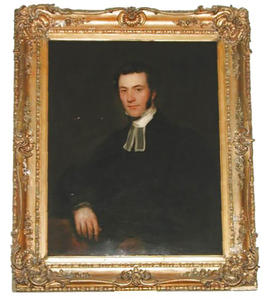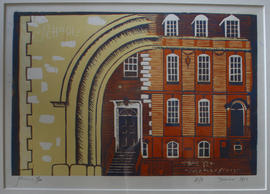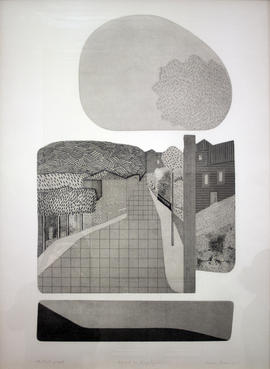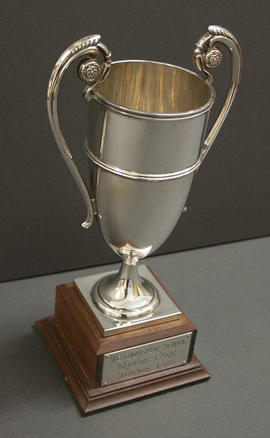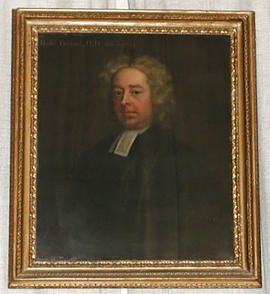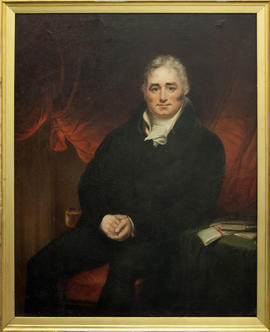Arrived at Westminster from a prep school on a farm in Sussex where there were only 60 pupils. The Westminster Masters’ gowns and mortar boards. The Westminster pupils’ uniform was complicated and varied according to whether it was a saint’s day or in season or out of season. [3.54] Arrival at Westminster and learning Westminster slang. [5.54] They put on plays all the time in different languages. [6.43] Busby’s. [7.18] The Latin Play, which was in the summer then. [9.49] The timetable. There were very few day boys then. There were only three in Busby’s. [12.33] Spartan living conditions. No heating. Meals. They would draw lots not to sit next to the House Master’s wife. [15.25] Fagging. [17.02] The role of the House Tutors. [18.42] Lunches in Busby’s. The popularity of the House Matron. Personality of the House Master. [23.10] Busby’s a relatively liberal house. [23.50] Music his favourite subject. A German Master, Sanger, who played Mozart and Haydn symphonies through lessons. The French Teach, Hugo Garden, was a world expert on Mahler. Both were refugees. [27.19] Charles Keeley. His teaching style. [28.52] Class sizes. [30.00] Musical facilities and the Director of Music, Arnold Foster, who was Vaughan Williams’ musical secretary. Conditions for music teaching. [35.03] Viola lessons from Beryl Ireland in the Master of the Scholars’ drawing room. The school organist. [37.45] David Burke, the first full-time music teacher. [39.49] He sometimes covered for Burke when he had left the school. [40.36] Exams. [41.56] Reaction to his decision to go to a conservatoire. [44.57] Learning the organ with the Abbey organist. [48.03] The school Abbey choir. Changing standards in church music. [49.44] School and house concerts. Difficulties of re-starting the musical tradition in the school. [56.52] The choir. [59.18] The orchestra’s repertoire. [59.58] House concerts. [1.05.44] Busby house prayers. Ramona, the house maid, paid to sabotage house prayers. [1.09.43] Masters who stand out. [1.14.43] The importance of the Common Room. [1.16.03] Boys’ family backgrounds at the time. Career prospects. [1.27.57] Competition between House Masters to have the most attractive maids. Boys’ appreciation. Throwing oranges at the monks in the monastery opposite.

